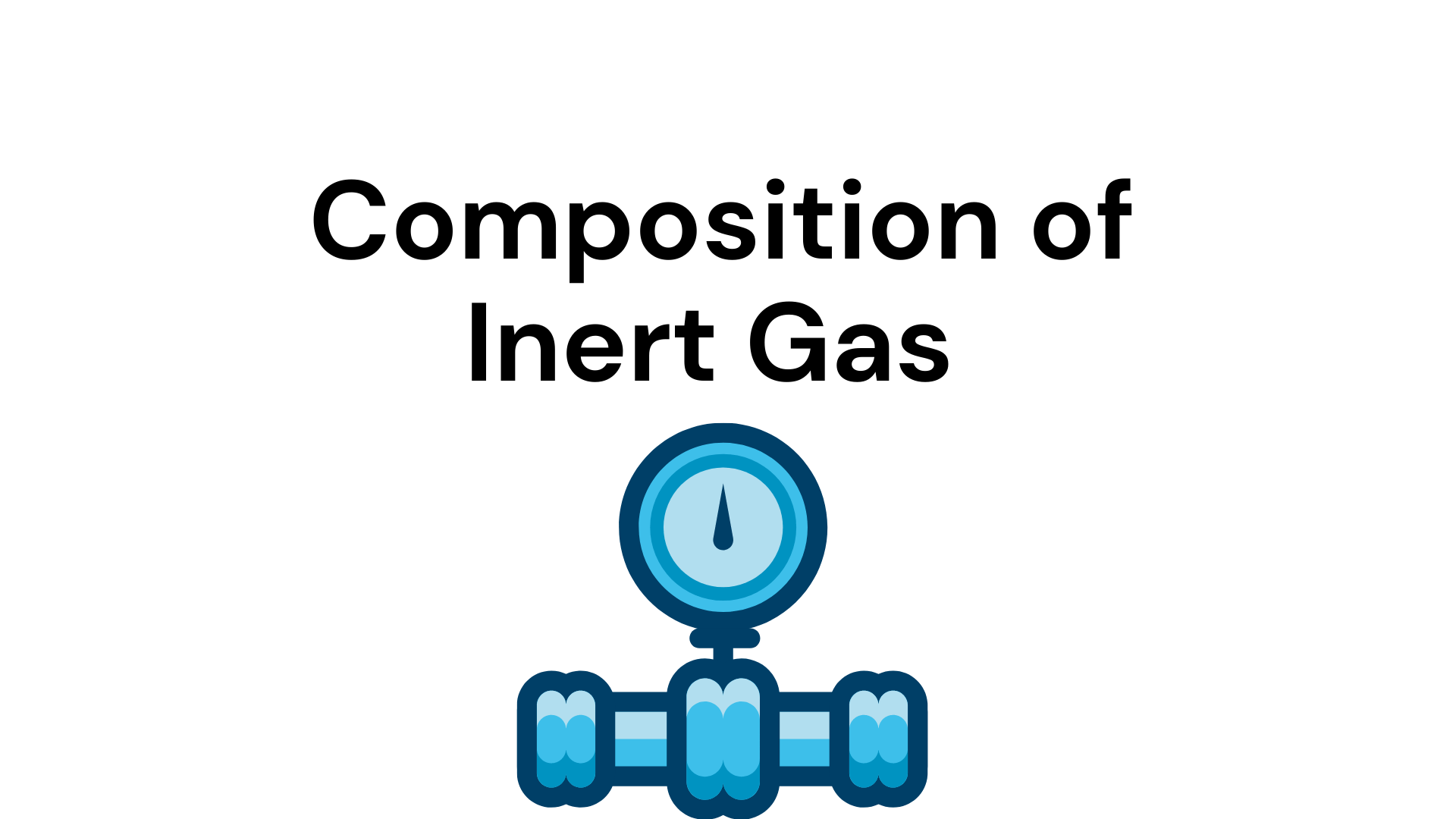INERT GAS SYSTEM INTRODUCTION
The purpose of the inert gas system plant is to prevent unforeseen fire and explosion by filling the cargo oil tank with a gas of sufficient low oxygen content. Crude oil and fractions of crude oil always contain volatile elements, and these will evaporate from the cargo oil surface, to form explosive gas air mixtures in the ullage space.There are two elements to take place a fire or explosion of these air mixtures, and one of them is in the condition that the gas / air mixture is within the explosive range and the others is presence of flame or a spark of sufficient energy and temperature.
At only one case of raising these two elements simultaneously, a fire or explosion takes place. It is inert gas system to eliminate a fire or explosion by replacing the oxygen rich air in ‘ullage’ with inert gas.
Composition of inert gas :
Design specification on the assumption that boiler exhaust gas having the following composition is supplied :
- Carbon di oxide : 12 – 14 %
- Oxygen : 2 – 4 %
- SO2 : 0.3 – 0.5 %
- Nitrogen : remainder.
- Water vapour : 5 %
- Solid particles : 250 mg / Nm3
The flue gas are allowed to pass through the scrubber at inlet temperature 400˚ C and are designed to be inert gas having the following composition :
- Carbon di oxide : 12 – 14 %
- Oxygen : 2 – 4 %
- SO2 : 0.03 %
- Nitrogen : remainder.
- Water vapour : saturated condition
- Solid particles : 8 mg / Nm3
- Water : 0.125 % weight (max)
Source of Inert Gas
- The ‘true’ inert gases, i.e., helium, argon, kirypton, neon etc. are ruled out due to high cost.
- The ‘semi-inert’ gases i.e., CO2 and nitrogen are also expensive. Nitrogen is employed with certain cargo types. The main disadvantage of CO2 is that it generates intense electro-static field in the cargo space. CO2 when dissolved in water produce weak acid.
- Product of combustion of fuels from following sources :-
- Internal combustion engines – The combustion gasses from such engines contains high excessive O2 and are not suitable.
- Inert gas generators burning heavy fuel oil or diesel fuel oil.
So, production of inert gas using the products of combustion from boiler and inert gas generator are only used.
Advantages / Disadvantages :
- No explosive mixtures can form in the tank.
- It reduces corrosion in tanks.
- Voyage cleaning of tanks is unnecessary.
- Reduces pumping time because of positive pressure in the tanks at all times.
